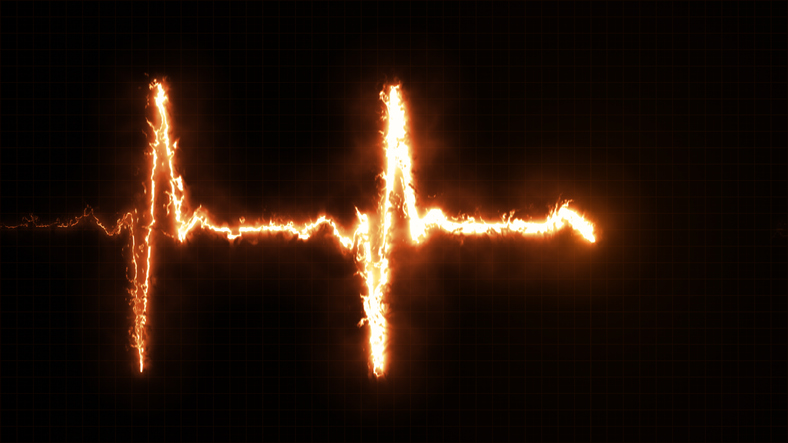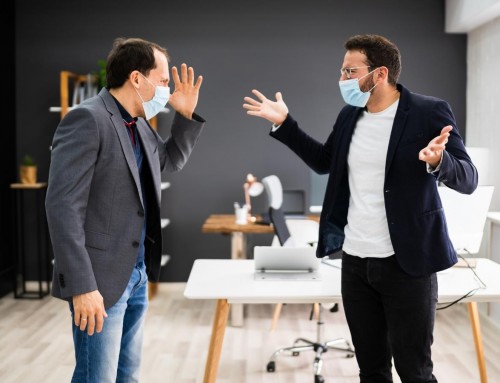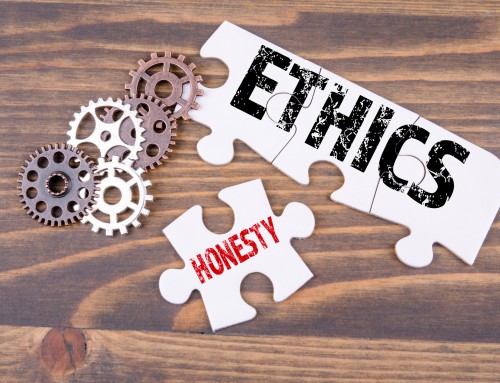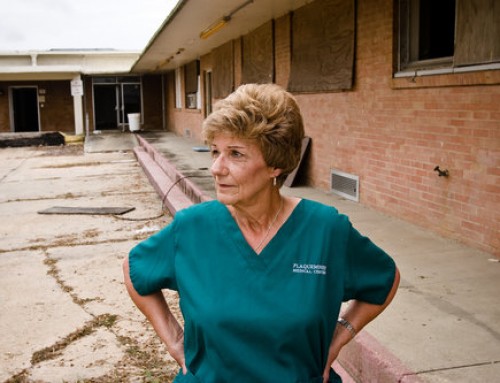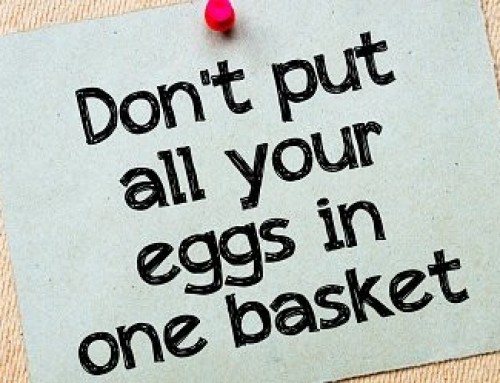I read another article this morning about hospital staffing shortages on the rise and desperately needed relief funding for vulnerable health institutions ending, even with increases in cases, rising costs of staffing and supplies, and other unknown damages pending.
When we ignore a climate crisis in the making, all the warning signs that epic fires are imminent, we’re essentially saying to courageous firefighters, “this is all you!” We see the images in news outlets of them battling blazes that defy imagination with a shrug of our shoulders and the thought; (however callous), “at least it’s not happening where I live.” They’ve always responded, and so they will again tomorrow, giving no thought to the number and frequency of fires or acknowledging that human beings are not robots programmed to keep going no matter what.
In the context of the COVID-19 pandemic, now in its third year, you might see a headline repeating the warning of the dire health care workforce shortages (#rural hospitals hardest hit) and again shrug your shoulders, believing that when you need care, they will automatically be there. You might even have taken to social media to criticize the wait times in emergency rooms or the weeks it takes to see your doctor or specialist. If you have, it seems that you’re one of those who either haven’t connected the dots between a global health crisis and its predicted impact on our fragmented health care system, or you don’t care. But, if you honestly didn’t realize this fact, well, now you’re aware.
Far too many have chosen not to accept the reality that those who work in health professions, public health included, do not grow on trees or appear from behind a magic curtain with the press of a button or a snap of your fingers.
The nurses, techs, doctors, coders and billers, dietary workers, and administrators who show up for their shifts, often to cover another’s, work hard to get to where they are; they are resilient, dedicated, and prepared to handle whatever comes next. They, too, are human, as super as it gets.
What they have in common with those heroic firefighters covered in black and gear that melts from the intensity of the heat–exhaustion. This kind of exhaustion decides for your body or mind to shut down. It’s not weakness or throwing in the towel. It’s them telling us, “I’ve given you my best, but you always expect more.” So it’s no surprise they’re leaving the profession to find another door.
Covid is still with us; another pandemic looms, so we either learn from our miscalculations, mistakes, and denials of truth about the health care crisis staring right at us, or we keep on gambling with blinders on and the dial set to our “new normal.”
Hope is not a strategy; luck isn’t found in a penny. Each of us has a responsibility to ourselves and each other to urgently get our act together.


